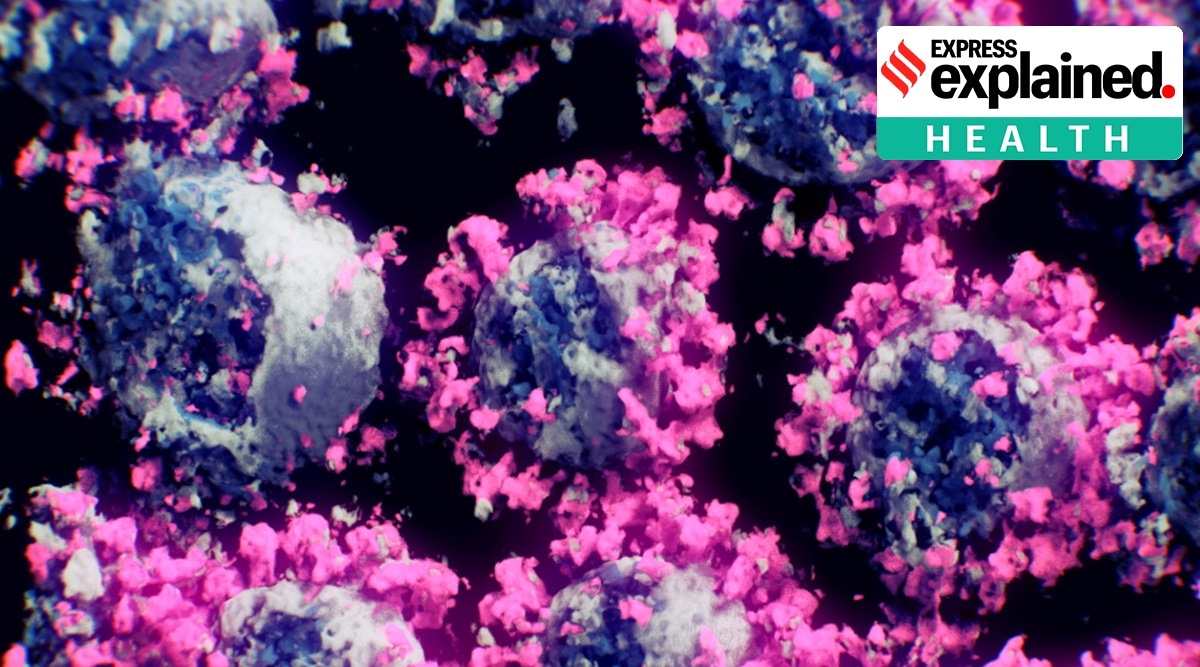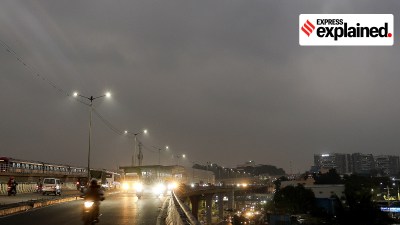New research: SARS-CoV-2 triggers antibodies from past coronavirus attacks
The study sought to understand how coronaviruses ignite the human immune system and conduct a deeper dive on the inner workings of the antibody response.
 A 3D scan of SARS-CoV-2 virus particles created by design lab Nanographics is seen in this handout released in Vienna, Austria, January 20, 2021. (Nanographics.at/Handout via Reuters)
A 3D scan of SARS-CoV-2 virus particles created by design lab Nanographics is seen in this handout released in Vienna, Austria, January 20, 2021. (Nanographics.at/Handout via Reuters)The results of a new study suggest that the immune systems of people infected with Covid-19 may rely on antibodies created during infections from earlier coronaviruses (other than SARS-CoV-2) to help fight the disease.
The study sought to understand how coronaviruses ignite the human immune system and conduct a deeper dive on the inner workings of the antibody response. The published findings appear in Cell Reports Medicine.
This knowledge could help researchers design new diagnostics, evaluate the healing powers of convalescent plasma, develop new therapeutic treatments and — importantly — help design future vaccines or monoclonal antibody therapies capable of protecting against mutations that may occur in the Covid-19 virus.
The researchers used a tool called PepSeq to finely map antibody responses to all human-infecting coronaviruses. PepSeq is a novel technology being developed at Translational Genomics Research Institute and Northern Arizona University .
Besides SARS-CoV-2, researchers examined the antibody responses from two other potentially deadly coronaviruses: MERS-CoV and SARS-CoV-1.
Source: Northern Arizona University
- 01
- 02
- 03
- 04
- 05






































